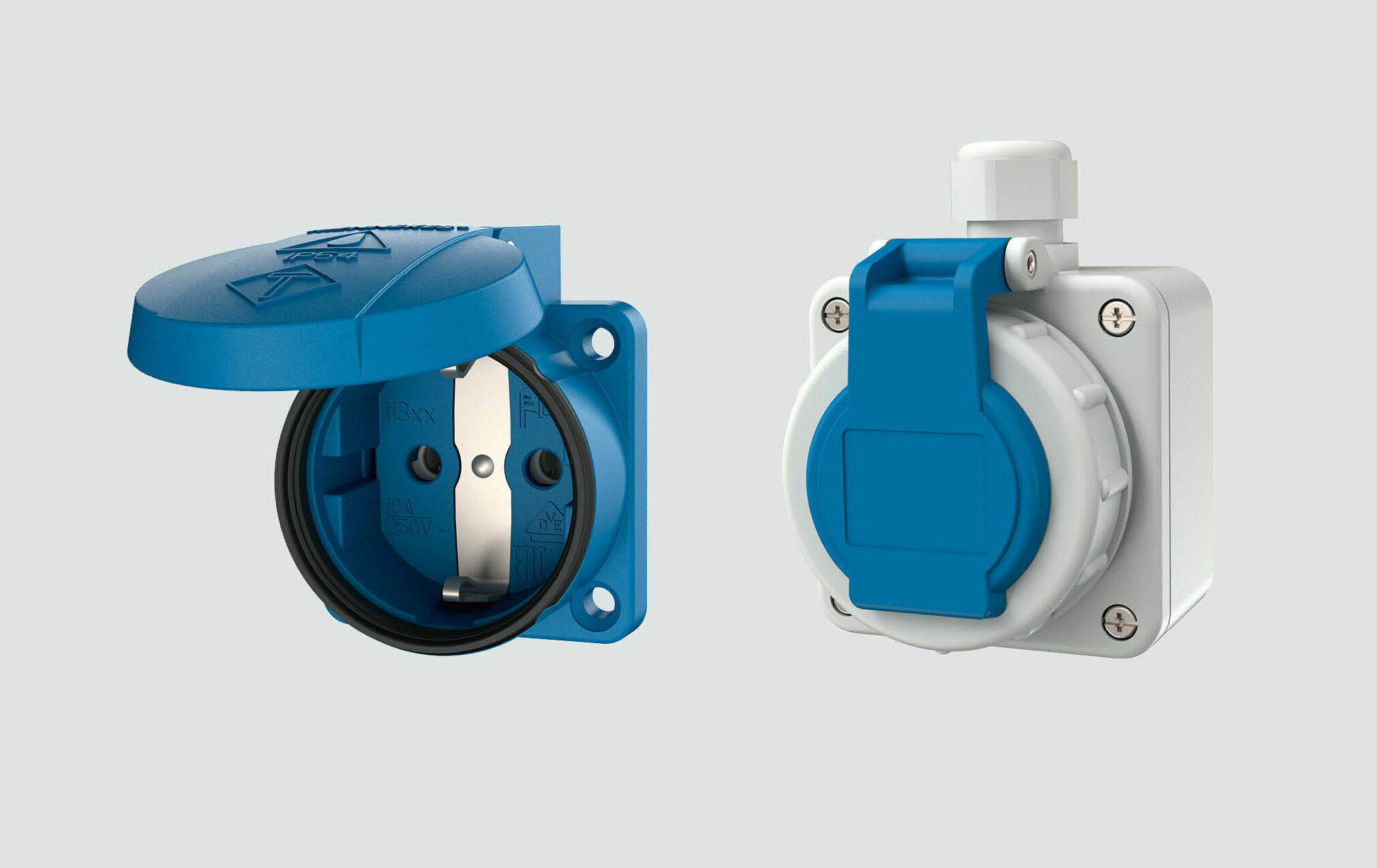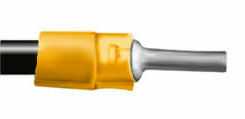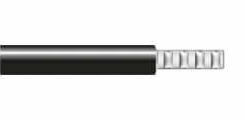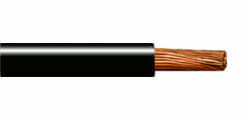SCHUKO® plugs and sockets

SCHUKO® is an abbreviation for "Schutzkontakt" (protective contact) and refers to a plug system widely used in Germany and other European countries. This system ensures a safe and reliable connection of electrical devices through its protective contact feature. The distinctive feature of SCHUKO® devices is their grounding mechanism: the plug's contact pins are designed to establish an earth connection before the live contacts. This ensures maximum protection against electric shocks.
The hammer symbol

The hammer symbol on SCHUKO® plugs and sockets indicates that the product is "impact-resistant" or "shockproof." This symbol shows that the product is especially durable against mechanical stress. Products with this symbol are ideal for use in harsh environments where increased wear and tear are expected, such as workshops, garages, or construction sites. The impact resistance is achieved through the use of special materials and reinforced construction, making the product more durable and safer
Panel mounted receptacles with hammer symbol and flange seal collar

Our SCHUKO® panel mount receptacles with the hammer symbol are also available with a flange seal collar made of thermoplastic elastomer (TPE) for portable devices. Thanks to two-component technology, the seal is permanently fixed and the receptacles are available with screw terminals. With a closed hinged cover, these receptacles achieve protection class IP54 in any orientation. They are finger-safe and back-of-hand safe according to IEC 60529 standards and are also available with a 75 x 75 mm flange size for cable ducts and flush-mounted boxes. Existing SCHUKO® receptacles can be easily upgraded to these versions.
Differences between solid and flexible conductors
In electrical installations, a distinction is made between solid (rigid) and flexible conductors. Our SCHUKO® product solutions are compatible with both types, which must be treated differently depending on the application. Each variant has specific use cases and properties:
Solid conductors – cross-section: 1.5 to 2.5 mm²

Solid conductors consist of a single wire and are typically used for fixed installations, such as in walls and ceilings. They are easier to handle and provide high mechanical stability. Due to their construction, they are less prone to breakage and ensure a reliable electrical connection. However, their lack of flexibility makes them difficult to install in tight spaces.
Flexible conductors – cross-section: 1.5 to 2.5 mm²
Flexible conductors are made of many thin strands bundled together, making them more flexible. They are used where flexibility is required, such as in appliance cables, extension cords, or areas with frequent movement. Their flexibility makes them ideal for tight spaces but requires special processing methods to ensure a secure connection.






